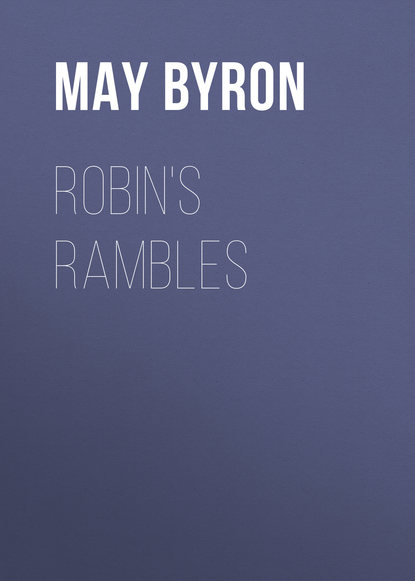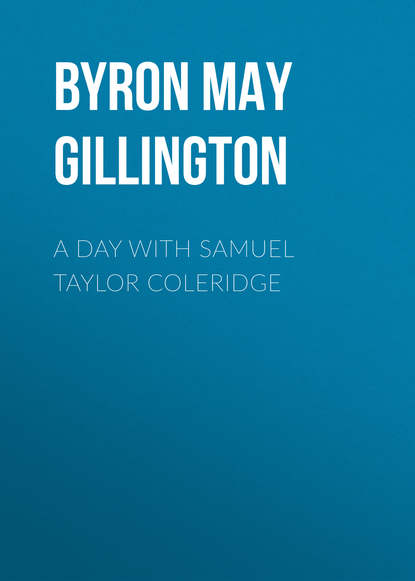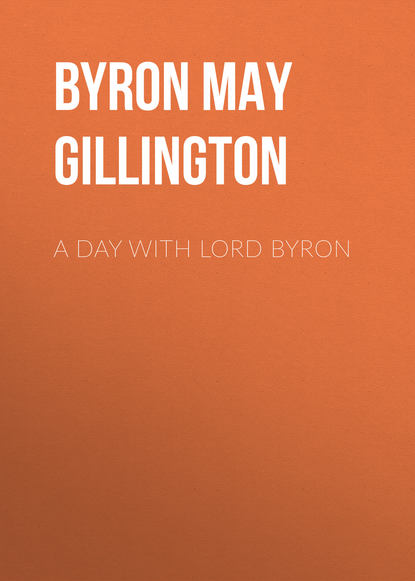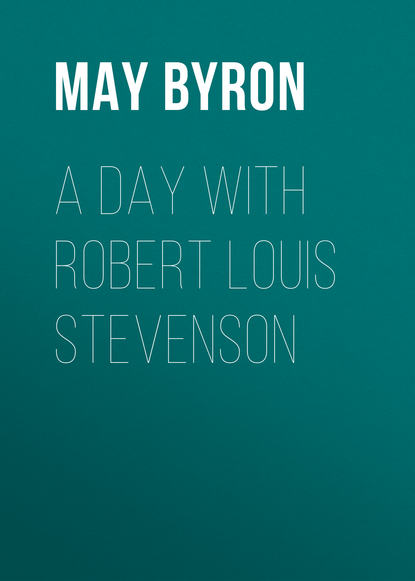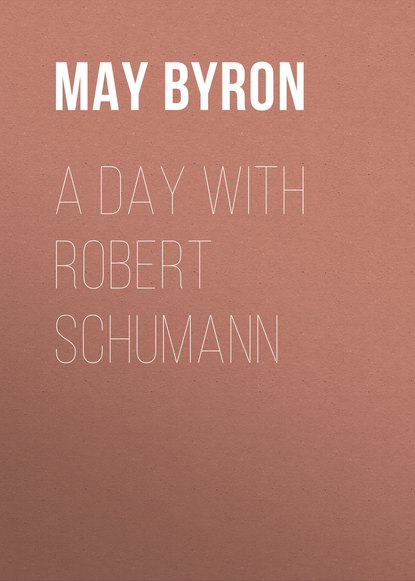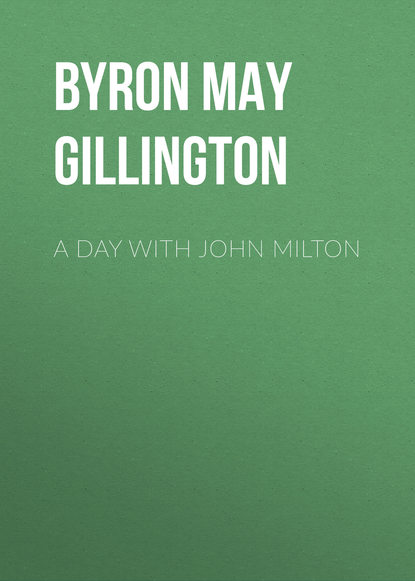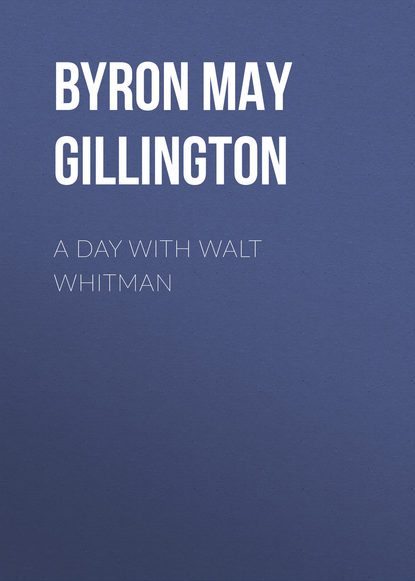
Полная версия
A Day with Walt Whitman

Maurice Clare
A Day with Walt Whitman
A DAY WITH WALT WHITMAN
About six o'clock on a midsummer morning in 1877, a tall old man awoke, and was out of bed next moment, – but he moved with a certain slow leisureliness, as one who will not be hurried. The reason of this deliberate movement was obvious, – he had to drag a paralysed leg, which was only gradually recovering its ability and would always be slightly lame. Seen more closely, he was not by any means so old as at first sight one might imagine. His snow-white hair and almost-white grey beard indicated some eighty years: but he was vigorous, erect and rosy: his clear grey-blue eyes were bright with a "wild-hawk look," – his face was firm and without a line. An air of splendid vital force, despite his infirmity, was diffused from his whole person, and defied the fact of his actual age, which was two years short of sixty.
Dressing with the same large, leisurely gestures as characterized him in everything, Walt Whitman was presently attired in his invariable suit of grey: and by the time the clock touched half-past seven, he was seated in the verandah, comfortably inhaling the sweet, fresh morning air, and quite ready for his simple breakfast.
In this old farmhouse, in the New Jersey hamlet of White Horse, Walt Whitman had been long an inmate. He was recovering by almost imperceptible degrees from the breakdown induced by over-strain, mental and physical, which had culminated in intermittent paralytic seizures for the last eight years, and had left his robust physique a mere wreck of its former magnificence. Here, in the absolute peace and seclusion of the little wooden house, with its few fields and fruit-trees, he lived in lovable companionship with the farmer-folk, man, wife and sons: and here, the level, faintly undulated country, "neither attractive nor unattractive," supplied all the needs of his strenuous nature and healed him with its calm, curative influences. He steeped himself, month by month, season after season, in "primitive solitudes, winding stream, recluse and woody banks, sweet-feeding springs and all the charms that birds, grass, wild-flowers, rabbits and squirrels, old oaks, walnut-trees, etc., can bring." Simple fare, these charms might seem to a townsman: to the "good grey poet" they were not only sufficient but inexhaustible. Dearly as he loved the "swarming and tumultuous" life of cities, the tops of Broadway omnibuses, the Brooklyn ferry-boats, the eternal panorama of the multitude, his true delight was in the vast expanses, the illimitable spaces, the very earth from which, Antæus-like, he drew his vital strength. Out here, in the country solitudes, alone could he observe how – in a way undreamed of by the street-dweller, —
Ever upon this stageIs acted God's calm annual drama,Gorgeous processions, songs of birds,Sunrise that fullest feeds and freshens most the soul,The heaving sea, the waves upon the shore, the musical, strong waves,The woods, the stalwart trees, the slender, tapering trees,The lilliput countless armies of the grass.(The Return of the Heroes.)It may be doubted whether any other poet who has been inspired by outdoor Nature, has approximated so closely as Whitman to the "shows of all variety," which nature presents, – from the infinite gradations of microscopic detail, to the enormous range and sweep of dim vastitudes. His poetry has a huge elemental quality, akin to that of winds and clouds and seas. "To speak with the perfect rectitude and insouciance of the movements of animals, and the unimpeachableness of the sentiment of trees in the woods and grass by the roadside," – this was the standard he had set himself: and, in pursuance of this ideal, he had given his first and most typically unconventional volume the title "Leaves of Grass." No name could better convey and sum up his meaning in art, – a commixture of the minute and the universal, the simple and the inexplicable, the particular and the all-pervading, – the commonplace which is also the miracle: for to Whitman leaves of grass were this and more. "To me," he declared, "as I lean and loaf at my ease, observing a spear of summer grass,"
Every hour of the light and dark is a miracle —Every cubic inch of space is a miracle,the grass-blades no less so than the "gentle soft-born measureless light." And, avowedly, from these external expressions of nature he derived all power of song —
I hear you whispering there, O stars of heaven —O suns – O grass of graves – O perpetual transfers and promotions, —If you do not say anything, how can I say anything?Thus he had arrived at declaring, with august arrogance: "Let others finish specimens – I never finish specimens: I shower them by exhaustless laws as Nature does, fresh and modern continually."
Nor are you to suppose that this was a late development of nature-worship in a man suddenly confronted with teeming glories and wonderments. All through his life he had been soaking himself in the mysterious loveliness of the world around. "Even as a boy," he wrote, "I had the fancy, the wish, to write a poem about the seashore – that suggesting dividing line, contact, junction, the solid marrying the liquid – that curious, lurking something (as doubtless every objective form finally becomes to the subjective spirit) which means far more than its mere first sight, grand as that is… I felt that I must one day write a book expressing this liquid, mystic theme. Afterward … it came to me that instead of any special lyrical or epical or literary attempt, the seashore should be an invisible influence, a pervading gauge and tally for me in my composition." Even as a child, upon the desolate beaches of Long Island, he had, "leaving his bed, wandered alone, bare-headed, barefoot," over the sterile sands and the fields beyond, and explored the secret sources of tragedy that are hidden at the roots of love.
Once Paumanok,When the snows had melted – when the lilac-scent was in the air and Fifth-month grass was growing,Up this seashore, in some briers,Two guests from Alabama – two together,And their nest, and four light-green eggs, spotted with brown,And every day the he-bird to and fro near at hand,And every day the she-bird crouch'd on her nest, silent, with bright eyes,And every day I, a curious boy, never too close, never disturbing them,Cautiously peering, absorbing, translating.Till of a sudden,May-be kill'd, unknown to her mate,One forenoon the she-bird crouch'd not on the nest,Nor return'd that afternoon, nor the next,Nor ever appear'd again.And thenceforward all summer in the sound of the sea,And at night under the full of the moon in calmer weather…Yes, when the stars glisten'd,All night long on the prong of a moss-scallop'd stake,Down, almost amid the slapping waves,Sat the lone singer wonderful causing tearsI, with bare feet, a child, the wind wafting my hair,Listen'd long and long…(Out of the Cradle Endlessly Rocking.)But now the Stafford family were assembled at breakfast and Walt limped in to join them. Courteously and simply he greeted the various members of the household, – the dark, silent, diligent Methodist father, – the spiritually-minded yet busy-handed mother, – the two young fellows, the married daughter and her little ones. He was the most domesticated, least troublesome of inmates, and his "large sweet presence" imparted something to the homely breakfast-table, something of benignity and tranquillity, which it had lacked before his entrance. "The best man I ever knew," Mrs. Stafford called him. Her sons adored him; and her grandchildren were almost like his own, in the love and confidence with which they curled themselves upon his great grey knee when the meal was over. For his affection for children, his sense of fatherhood, was a predominant trait of Whitman's character. Lonely, since his mother's death, he had lived as regards the closer human relationships: lonely, in this sense, he was doomed to remain. A veil of secrecy hung over his past life, which none had ever ventured to lift. Rumours of a lost mate, as in the song of the Alabama bird upon the shore, – of children whom he never could claim, – hints of harsh fates and imperious destinies, occasionally penetrated that close-woven curtain of silence which covered his most intimate self. But only in his poems had he voiced his loneliness, and that with the tenderest poignancy of yearning for "better, loftier love's ideals, the divine wife, the sweet, eternal, perfect comrade"…
Конец ознакомительного фрагмента.
Текст предоставлен ООО «ЛитРес».
Прочитайте эту книгу целиком, купив полную легальную версию на ЛитРес.
Безопасно оплатить книгу можно банковской картой Visa, MasterCard, Maestro, со счета мобильного телефона, с платежного терминала, в салоне МТС или Связной, через PayPal, WebMoney, Яндекс.Деньги, QIWI Кошелек, бонусными картами или другим удобным Вам способом.



